
Insights & Regulatory Updates

Untangling the SEC's Web: Regulatory Challenges Facing Crypto and Digital Assets
Under the leadership of Chairman Gary Gensler, the Securities and Exchange Commission (SEC) has adopted an approach to digital assets that some have described as "enforce first, make rules never." This strategy, while potentially effective in areas where clear guidance exists, has left digital asset market participants in the United States facing significant regulatory uncertainty. Without clear rules, the SEC’s aggressive enforcement tactics have had the effect of stifling innovation and driving businesses overseas. This article explores the key issues in the SEC’s current stance on digital assets and the need for a more thoughtful and predictable regulatory framework.

Elizabeth Warren Questions FINRA's Enforcement Decline: Key Considerations for Companies
On August 29, 2024, Senator Elizabeth Warren raised concerns regarding a sharp decline in enforcement actions by the Financial Industry Regulatory Authority (FINRA). In a letter to FINRA CEO Robert Cook, Warren questioned whether this drop reflects a deliberate shift in regulatory strategy. The number of enforcement actions last year was the lowest since FINRA’s inception in 2007, and fines have similarly decreased. Warren’s inquiry highlights potential implications for both FINRA’s oversight and the broader regulatory landscape.

Navigating the Complexities of Rule 13f-2 Compliance: Preparing for New Data Management Challenges
As the clock ticks down toward the January 2025 compliance deadline for SEC Rule 13f-2, institutional investment managers face an unprecedented regulatory challenge. This new rule, aimed at increasing transparency around short-selling activities, represents a significant shift from existing reporting frameworks, leaving firms grappling with how to overhaul their data management and reporting systems.

Strengthening Whistleblower Protections: SEC Enforcement and Key Actions for Companies
On September 9, 2024, the U.S. Securities and Exchange Commission (SEC) announced settlements with seven public companies for violations of whistleblower protections under Rule 21F-17 of the Securities Exchange Act of 1934. This latest enforcement action underscores the SEC's growing commitment to ensuring whistleblowers can report potential securities violations without fear of retaliation or obstruction. Companies are now called to reassess their policies to comply with these important protections.

SEC's Push for Sanctions Against Elon Musk: Implications for Corporate Governance
On September 20, 2024, the U.S. Securities and Exchange Commission (SEC) announced its intention to seek sanctions against Elon Musk, the CEO of Tesla and SpaceX and owner of X (formerly Twitter). This move comes in light of Musk’s failure to comply with a court order to testify regarding his $44 billion acquisition of Twitter. The implications of this case extend beyond Musk himself, raising significant questions about corporate governance, transparency, and the responsibilities of high-profile executives.

Equity Crowdfunding: A Comparison of Reg A, Reg CF, and Reg D
In the ever-evolving landscape of modern capital formation, the avenues available to entrepreneurs are both myriad and complex. Navigating the regulatory intricacies of Regulation A (Reg A), Regulation Crowdfunding (Reg CF), and Regulation D (Reg D) transcends mere compliance; it is a strategic imperative that can profoundly shape the trajectory of a business. Each regulatory framework not only delineates specific parameters regarding investor eligibility and funding caps but also carries distinct implications for ongoing disclosure and market engagement.

Broker-Dealers vs. Unregistered Finders in Capital Raising
Determining whether an intermediary operates as a finder or an unregistered broker-dealer is a nuanced and fact-specific inquiry that can present significant challenges. For unwary entrepreneurs, corporate executives, and equity fund sponsors, the stakes are high; engaging a third party that inadvertently crosses the line into broker-dealer territory can result in serious regulatory repercussions.
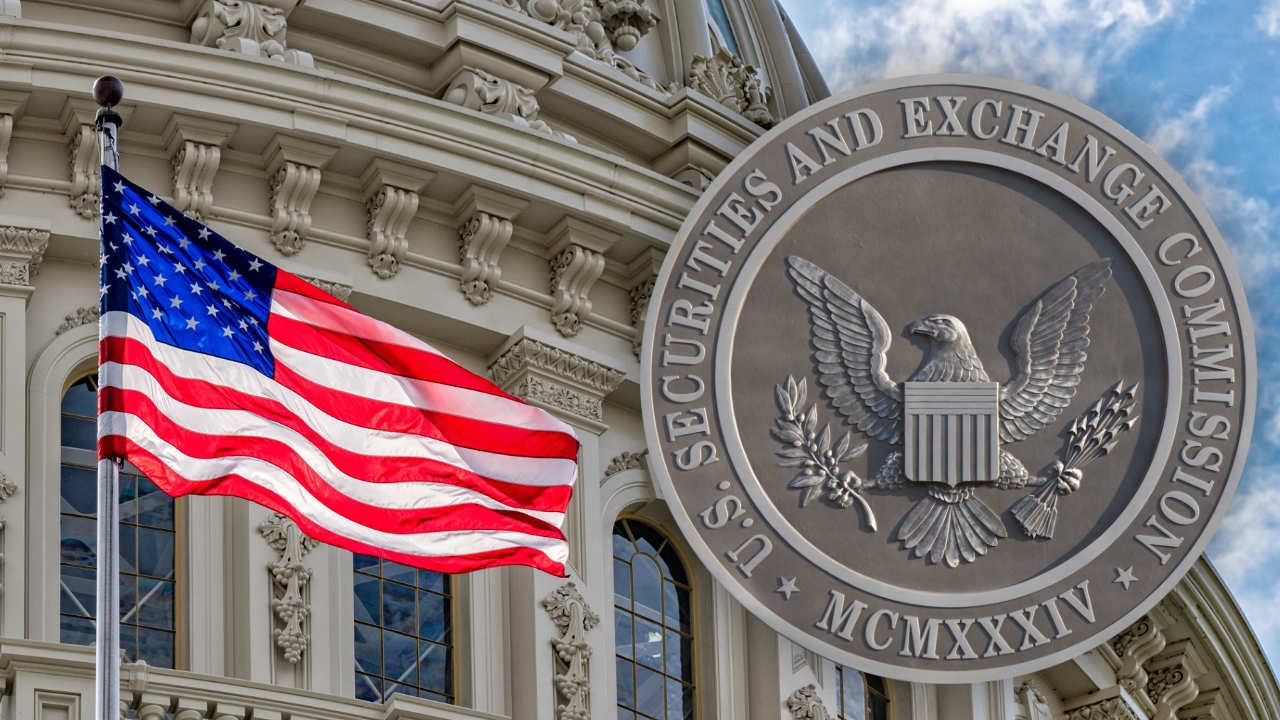
SEC Adopts Amendments to Regulation NMS: New Minimum Pricing Increments, Reduced Access Fee Caps, and Enhanced Order Transparency
On September 18, 2024, the U.S. Securities and Exchange Commission (SEC) announced significant amendments to Regulation NMS (National Market System) aimed at improving market quality, reducing transaction costs, and enhancing transparency in equity markets. These changes, which address minimum pricing increments (tick sizes), access fee caps, and the visibility of better-priced orders, mark a major shift in the regulatory landscape designed to foster competition and protect investors.
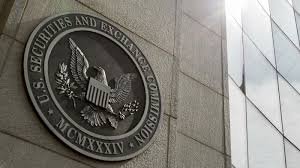
SEC Shifts Focus: Climate and ESG Enforcement Task Force Disbanded
The Securities and Exchange Commission (SEC) recently dissolved its Climate and ESG Enforcement Task Force, signaling a notable shift in the Commission's regulatory focus. Formed in 2021 under Acting Chair Allison Herren Lee, the Task Force played a central role in SEC Chair Gary Gensler’s push to enhance the availability of environmental, social, and governance (ESG) data for investors. However, after facing significant industry resistance and legal challenges, the SEC has decided to wind down the Task Force, though several key ESG and climate-related rules remain in development.

Preparing for 2025: Key ESG Trends and Regulatory Updates for In-House Counsel
As we move towards 2025, ESG (Environmental, Social, and Governance) issues continue to evolve, driven by new regulatory frameworks, increasing litigation, and heightened scrutiny from investors and stakeholders. For in-house counsel, staying ahead of these developments is critical, as 2025 promises to bring new challenges and opportunities. This article outlines the key ESG trends and regulatory updates that legal departments should be preparing for as we head into the new year.

SEC Targets Misleading AI Claims: Enforcement Actions and Key Takeaways
Explore the SEC's recent enforcement actions targeting "AI washing"—the practice of overstating or misrepresenting the use of artificial intelligence. Learn about key cases, regulatory risks, and compliance strategies for firms leveraging AI technology.
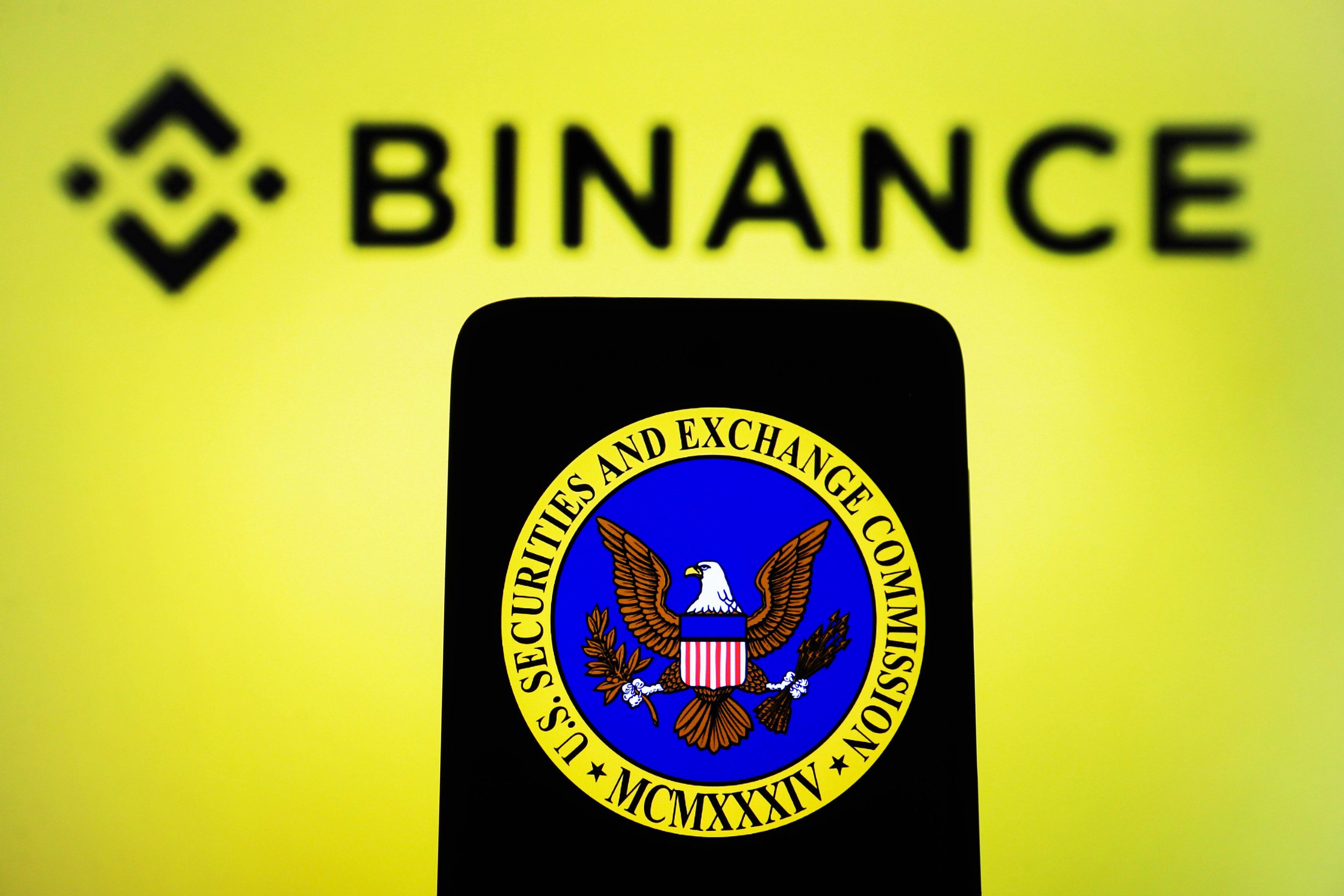
SEC Amends Binance Complaint Amid Industry Criticism Over Token Classification
In a recent development, the U.S. Securities and Exchange Commission (SEC) amended its complaint in the ongoing case against Binance, one of the world’s largest cryptocurrency exchanges. The SEC acknowledged that it may have caused confusion regarding its stance on whether certain digital tokens should be classified as securities. This amended filing, submitted in the District of Columbia, includes procedural adjustments and legal clarifications, reflecting an evolving enforcement strategy as the SEC seeks to address the regulatory challenges posed by digital assets.
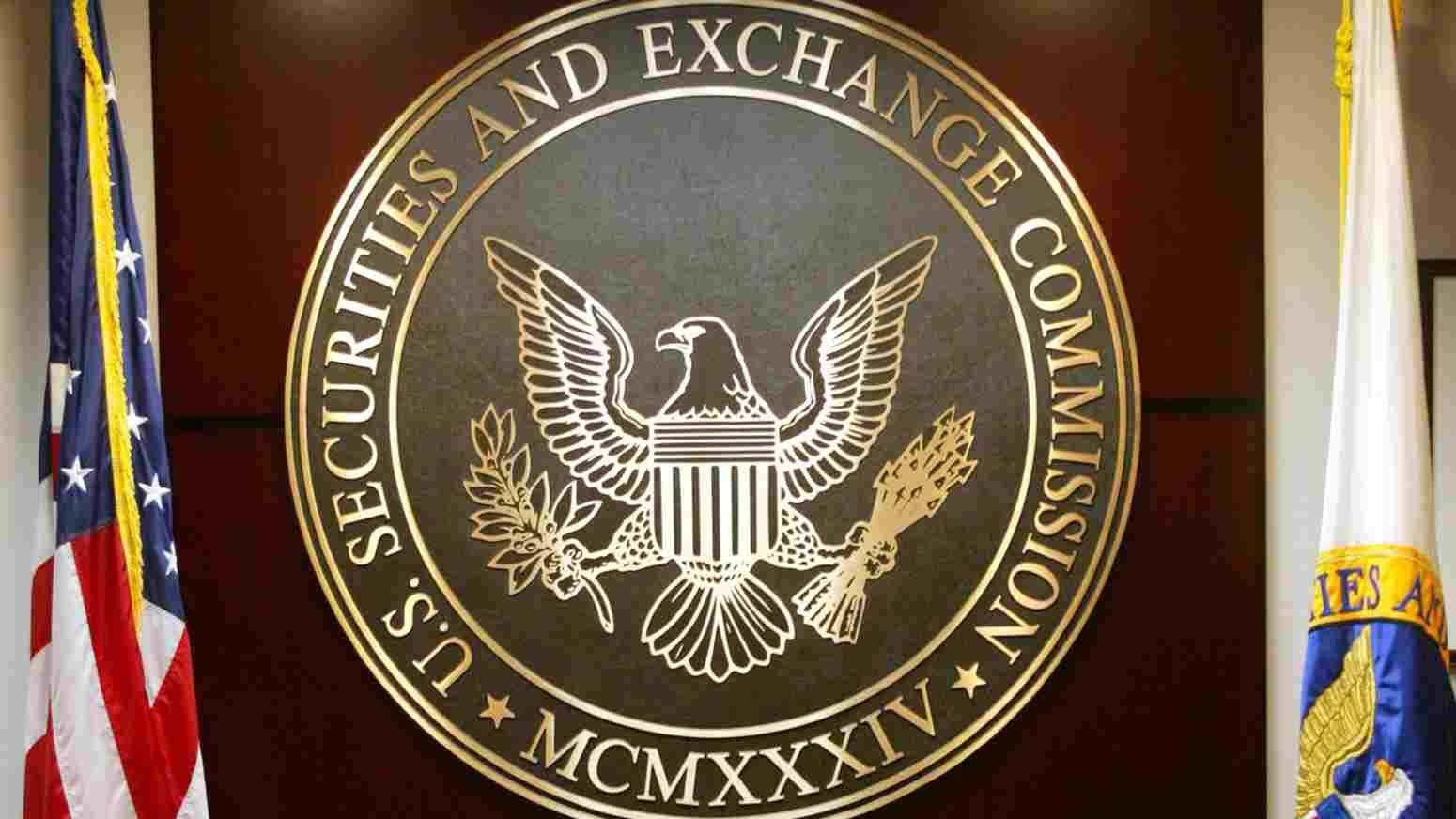
Update: The Supreme Court’s Decision in SEC v. Jarkesy and Its Broader Impact on SEC Enforcement
The Jarkesy ruling has considerable consequences for the SEC’s enforcement program. For years, the SEC has utilized its administrative forum to pursue civil penalties for securities fraud, with the flexibility to adjudicate matters in-house. However, the Supreme Court's decision effectively eliminates this option for cases seeking civil penalties. As a result, the SEC will likely need to shift more cases to federal court, where defendants are entitled to a jury trial. This shift could increase the complexity, time, and costs associated with SEC enforcement actions.

Broker-Dealer Fined $3M for Trading Supervision Failures
In a recent settlement with FINRA, a major broker-dealer agreed to pay over $3 million in monetary sanctions due to supervisory failures related to short-term trading recommendations. These trading activities, which spanned a two-year period from January 2017 to December 2018, resulted in client losses while generating significant profits for the firm.
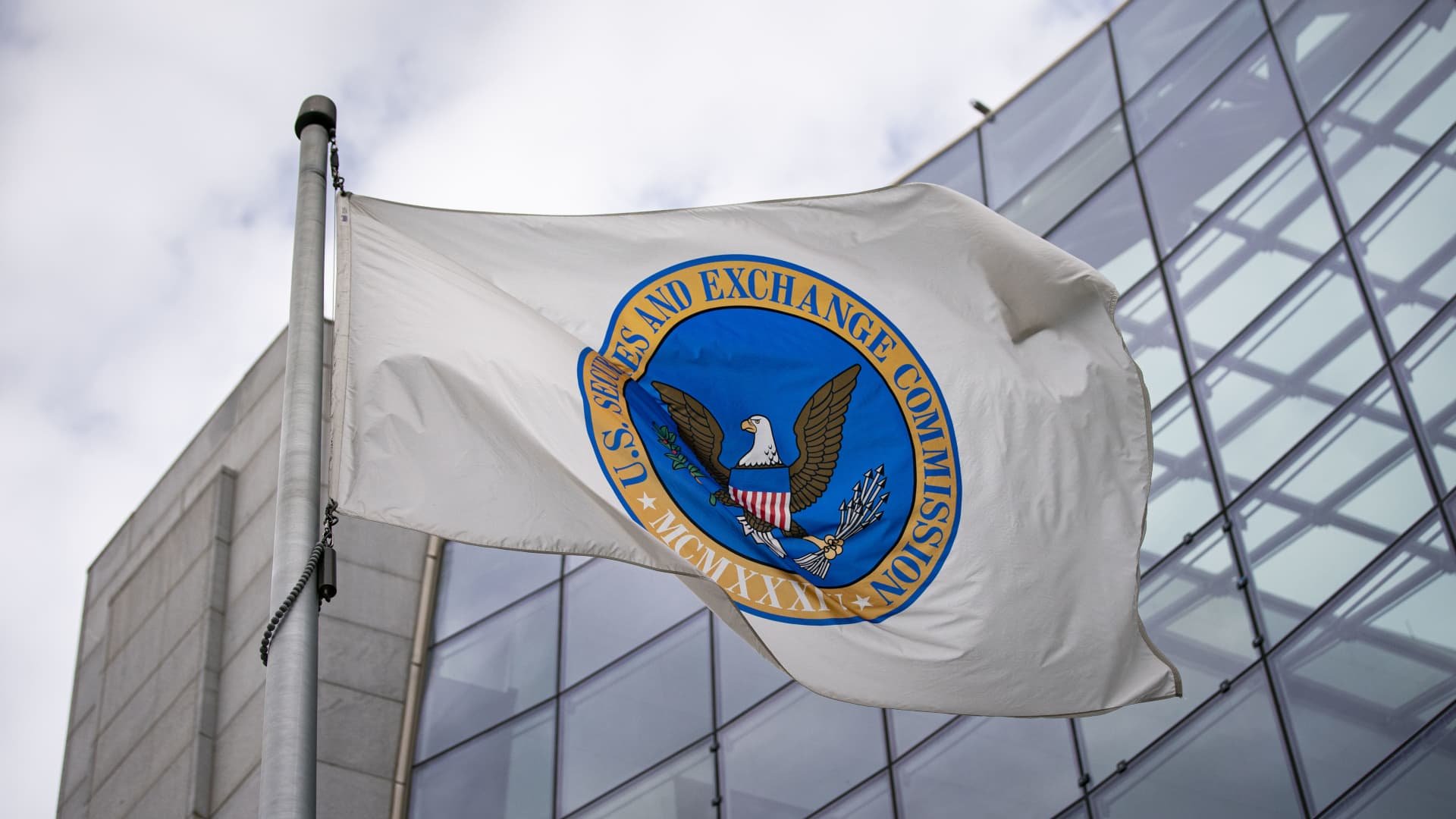
SEC Charges Former Executives of Medly Health Inc. with Investor Fraud
The Securities and Exchange Commission (SEC) recently charged three former executives of the now-defunct digital pharmacy startup Medly Health Inc. with defrauding investors in a scheme that raised over $170 million. The charges underscore the SEC’s continued focus on corporate malfeasance, particularly within startups seeking capital from investors.

Navigating FINRA’s New Residential Supervisory Location (RSL) Rule
In response to the growing trend of remote work since the COVID-19 pandemic, FINRA has introduced a new rule under its supervision framework, allowing firms to designate private residences as Residential Supervisory Locations (RSLs). This significant development provides firms with an opportunity to adapt their supervisory practices to a more flexible work environment while ensuring compliance with FINRA’s stringent supervision requirements. Effective June 1, 2024, FINRA Rule 3110.19 enables firms to treat certain residential locations as non-branch locations, offering relief from the annual inspection requirements that apply to branch offices and Offices of Supervisory Jurisdiction (OSJs).

SEC Enforcement on Marketing Rule Violations: RIAs to Pay $1.2M in Fines
The SEC continues to flex its regulatory muscle over Registered Investment Advisors (RIAs) in its latest enforcement action targeting violations of the 2021 marketing rule. Nine RIAs have agreed to pay more than $1.2 million in collective fines for misleading advertising practices. The firms include prominent names like Integrated Advisors Network, Richard Bernstein Advisors, and Abacus Planning Group, each paying six-figure fines to settle charges brought by the commission.

Key Drivers Behind State Securities Enforcement Actions
State regulators play a pivotal role in maintaining the integrity of the securities industry, particularly when it comes to protecting retail investors. While federal agencies like the SEC often garner more attention, state securities regulators serve as critical front-line enforcers of compliance and ethical standards within their jurisdictions. Through targeted enforcement actions and oversight, state regulators address misconduct that can often slip through the cracks at the national level, ensuring that investment advisors and firms adhere to both state and federal regulations.
Massachusetts Investment Advisor Fined for Undisclosed WeChat Communications
In a recent enforcement action, a Massachusetts-based investment advisor has been sanctioned by the Financial Industry Regulatory Authority (FINRA) for conducting business communications through an unapproved messaging platform, in violation of recordkeeping rules. The advisor, formerly associated with a major brokerage firm, was found to have used WeChat, a Chinese social media application, to interact with clients without the firm's approval or proper documentation.

Opinion: U.S. Congress Must Establish a Clear Regulatory Framework for Crypto Assets to Maintain Western Leadership in Financial Innovation
By now, we all know that cryptographic blockchain has the potential to revolutionize the transfer of value over the internet—quickly, inexpensively, and without intermediaries. With mass-adoption, a blockchain-powered immutable public ledger of transactions could reshape financial systems globally. Yet, like any transformative technology, its long-term success hinges on legal and regulatory clarity. It is time for Congress to establish a comprehensive, sensible framework for regulating crypto assets.
